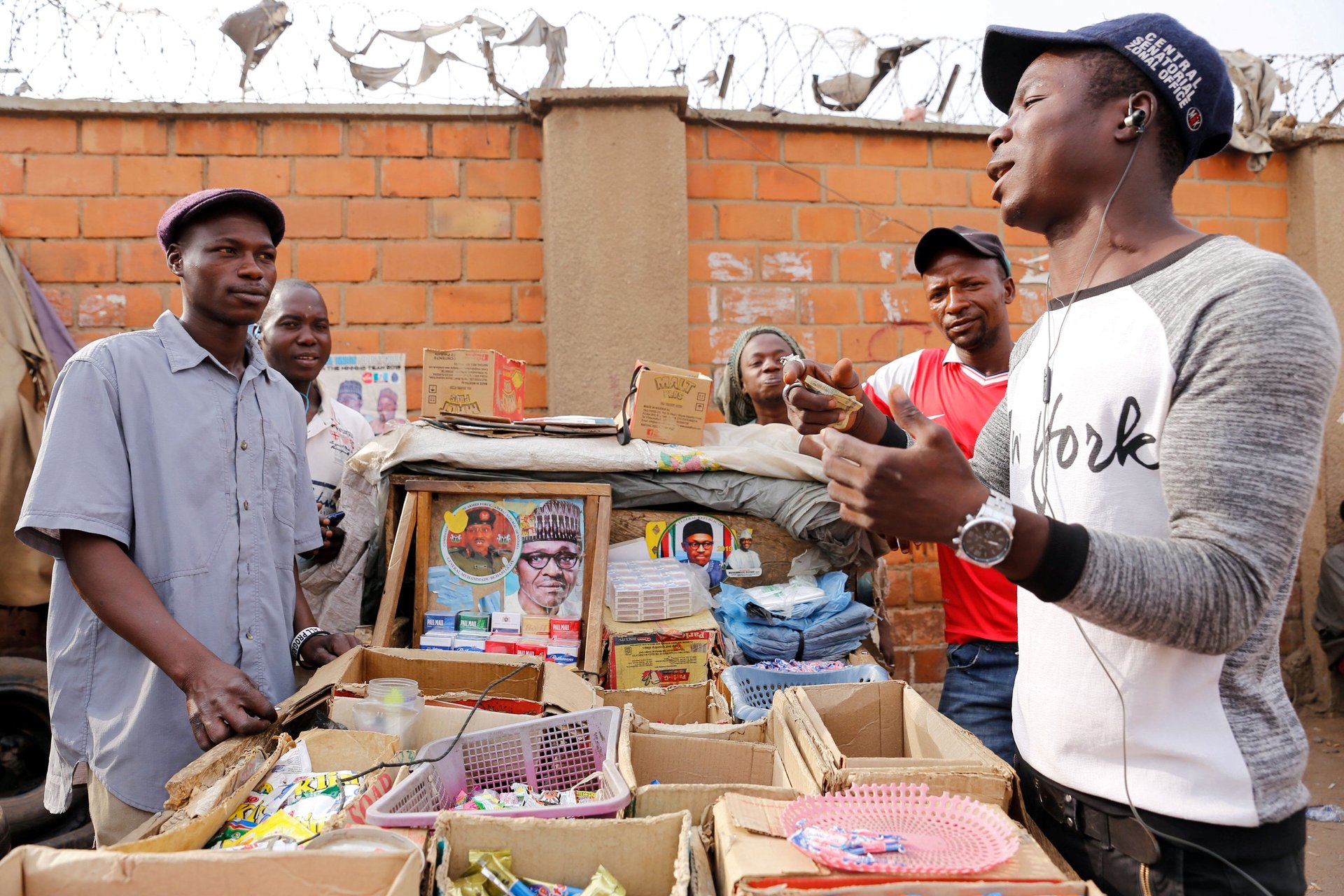These are the Nigerian English words added to the Oxford Dictionary
When a Nigerian says “see you next tomorrow,” the person actually means the day after tomorrow.


When a Nigerian says “see you next tomorrow,” the person actually means the day after tomorrow.
It’s one of the colloquialisms of Nigerian English that have made it into the latest updates of the Oxford English Dictionary (OED). Like in many English-speaking societies, Nigerians have crafted new words, phrases and meanings that have, overtime, become widely adopted as part of the country’s local lexicon.
And that’s a reality that OED acknowledges. In release notes announcing the updates, the dictionary says Nigerians “have made, and are continuing to make, a unique and distinctive contribution to English” through these words. The 29 new additions from Nigerian English, OED says, are “either borrowings from Nigerian languages, or unique Nigerian coinages” that have been used since the 1970s and 1980s.
For example, “Tokunbo”, a Yoruba name often given to a child born in a foreign land, became a popular tag used for secondhand cars imported into the country as new car sales crashed in the 1980s’ economic downturn. It’s now used for all manner of imported secondhand items. The OED has it as an adjective, as in “tokunbo car”.
Sometimes it’s about expanding the use of a word from its original conception. The word “gist” has is usually used for the substance or essence of a discussion or speech. But in Nigerian English it is a noun which means “rumor” but also a verb, which means “to gossip”.
It’s the latest nod for Nigerian English as a variant of its own. Last year, Google introduced a “Nigerian English” option on its Maps service, complete with a Nigerian voice and accent. “It’s a variant of English that has come to stay and is as valid as others,” says Kola Tubosun, linguist and 2016 Quartz Africa Innovator honoree who led the team that developed the Nigerian accent and voice for Google. With updates happening quarterly, there’s a chance more Nigerian English words may yet be added to the dictionary as they gain more currency, Tubosun says.
The rapid global rise of Nigerian pop culture across music, film and literature over the last two decades with Afrobeats, Nollywood and writers like Chimamanda Ngozi Adichie has meant the Nigerian use of English has more listeners and readers than ever before.
Nigerian English isn’t alone in being recognized for offering new word additions to English globally though: over 900 words and phrases that are distinctive to Indian English have also been added to the Oxford Dictionary. Last December, 24 South African English words were also added to the dictionary including Shackland, defined as slums where people live without official permission, and Howzit, a casual greeting and shorter version of “how’s it going?”
As it turns out, several words and phrases that make up Nigerian English originate from yet another variant of English that’s popular in the country: Pidgin English. A mix of English, words from local languages and a range of street slang, Pidgin English is believed to have developed as a way for foreign merchants to communicate with locals in West Africa during the trans-Atlantic slave trade era. And the informal language has proven durable as it is now spoken by millions in Nigeria—and across West Africa—as an alternative to English. It has also become the language of choice for international media looking to boost their reach in the region.
But despite growing international recognition, Nigerian English still faces some acceptance hurdles back home. For instance, Tubosun believes teachers in Nigerian schools will likely frown at students incorporating Nigerian English phrases in examinations despite using those same words during teaching lessons.
The hope however is that the inclusions in OED might signal a shift. “We need an educational system that is responsive to this,” Tubosun says. “You don’t have to keep depending on the old standard because the language has evolved and changed.”
Sign up to the Quartz Africa Weekly Brief here for news and analysis on African business, tech and innovation in your inbox